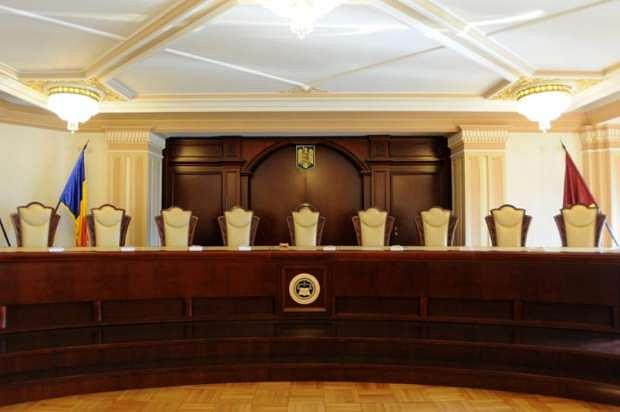Romanian Constitutional Court rejects two-thirds of the changes to the Criminal Procedure Code

Romania’s Constitutional Court rejected 64 of the 96 changes to the Criminal Procedure Code that the Parliament had voted earlier this year.
Only 32 of the amendments passed the Constitutional Court’s examination, according to a press release.
The rejected amendments include: the annulment of evidence obtained illegally, the disposition that a judge should rule a conviction only when the court believes that the charge has been proven beyond any reasonable doubt, the disposition that a defendant should be convicted exclusively for the charges on which he was sent to court, preventing searches if the investigators don’t mention what or who they are looking for, the obligation to erase the electronic data that are not connected to the investigated crime and the possibility of canceling a final sentence if one of the judges who issued it didn’t sign it.
Moreover, the Constitutional Court didn’t agree with a provision in the law to change the Criminal Procedure Code according to which the changes would also apply to ongoing cases and to cases in which the court has already made its decision, local G4media.ro reported.
However, one provision that passed the Constitutional Court says the evidence obtained based on national security warrants can’t be used in other types of cases. Thus, the evidence obtained with the help of the Romanian Intelligence Service (SRI) based on national security warrants can’t be used in big corruption cases.
Other changes that passed the Constitutional Court’s say that: public communication related to criminal cases during the prosecution and judgement phases is forbidden; a person can’t be convicted exclusively based on denouncements, without other evidence; a person can’t be arrested based on general and abstract arguments, the effective threat needs to be proven; denouncers get lower sentences only if they make the denouncement in maximum one year from the moment they found about the crime.
The law for changing the Criminal Procedure Code must now return to the Parliament for review. The Venice Commission will also issue an opinion on the laws to change the Criminal Code and the Criminal Procedure Code later this week.
EC asks Romanian Govt. for explanations on changes to criminal codes
Romanian president signals new criminal code dangers to Venice Commission representatives
editor@romania-insider.com















